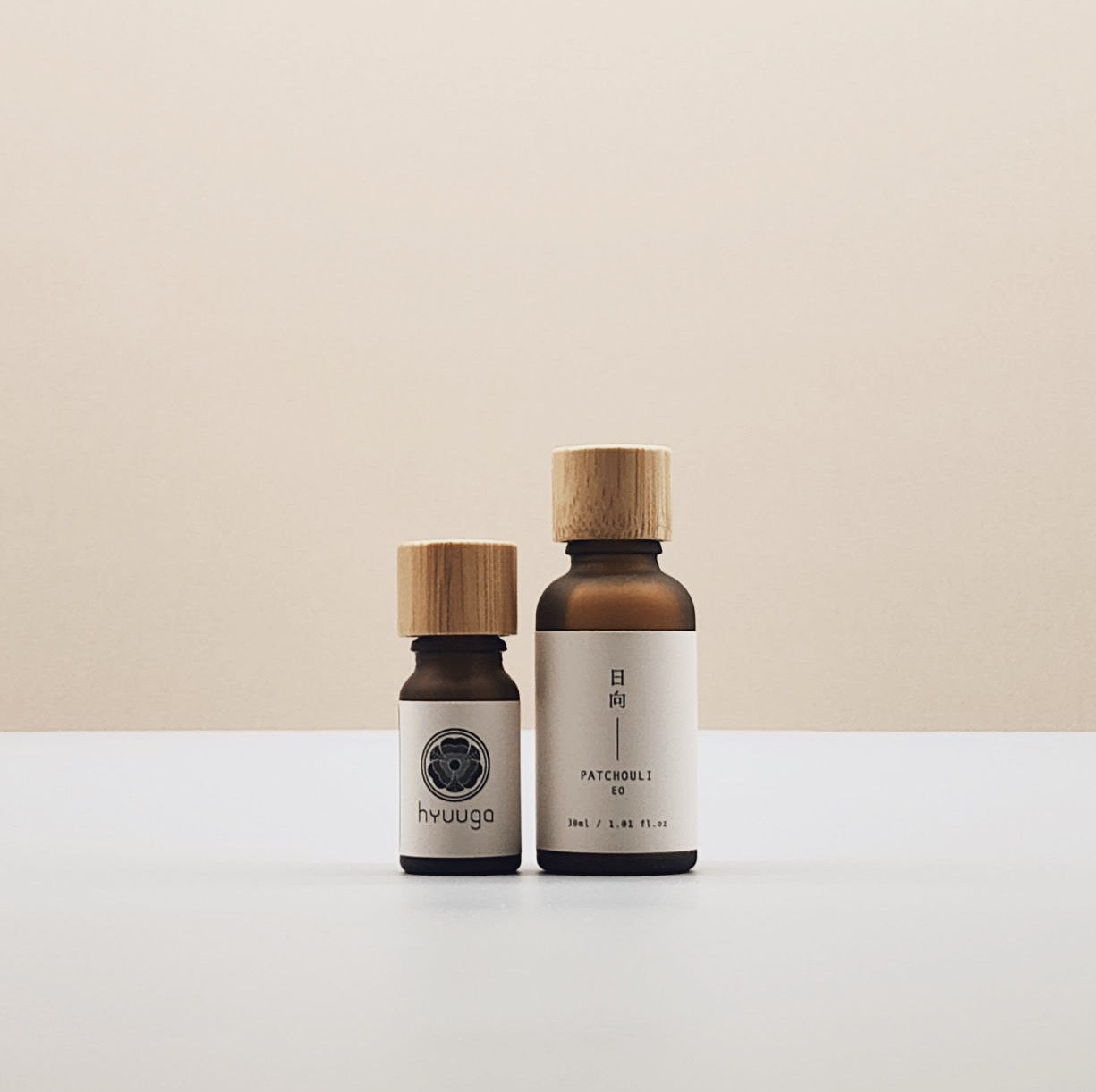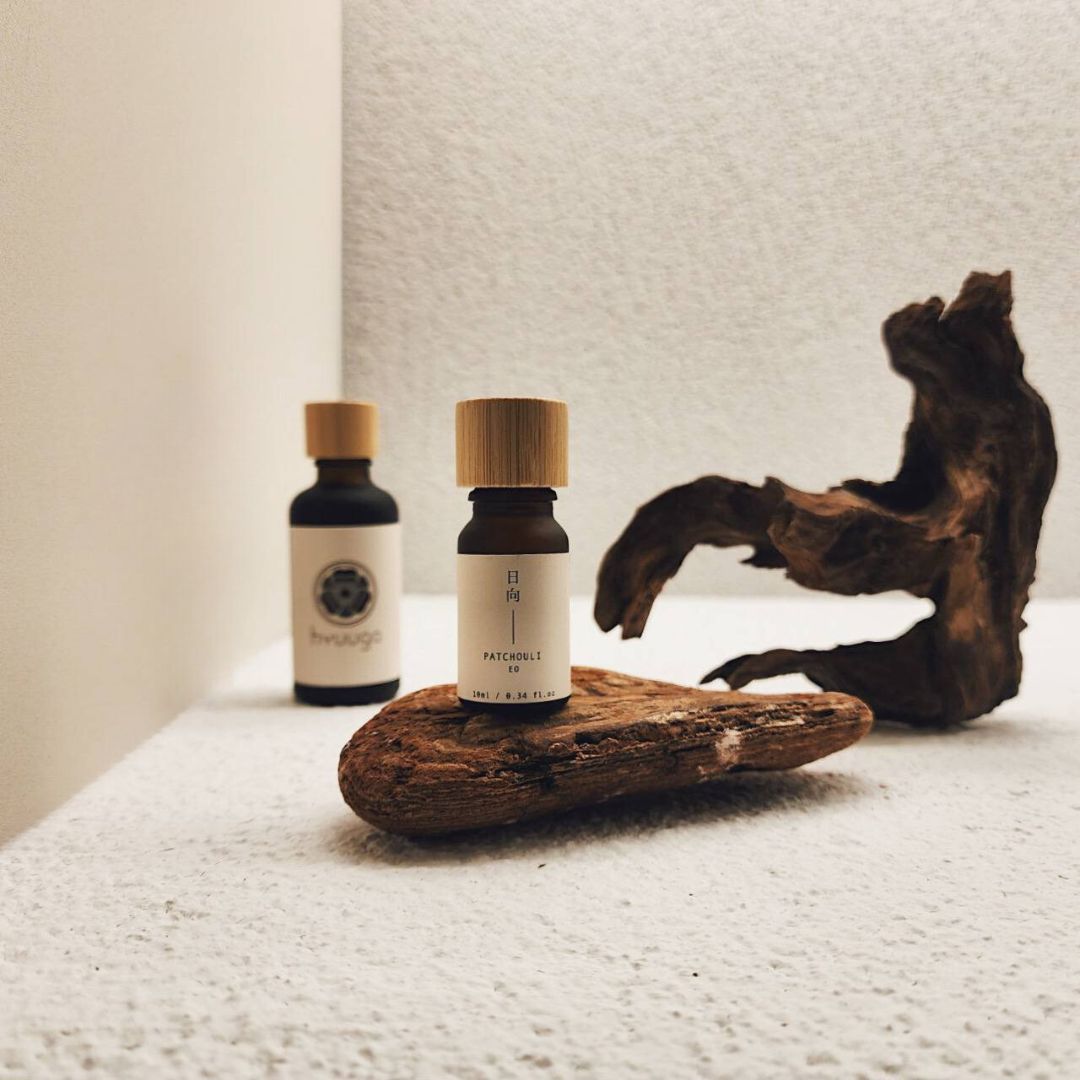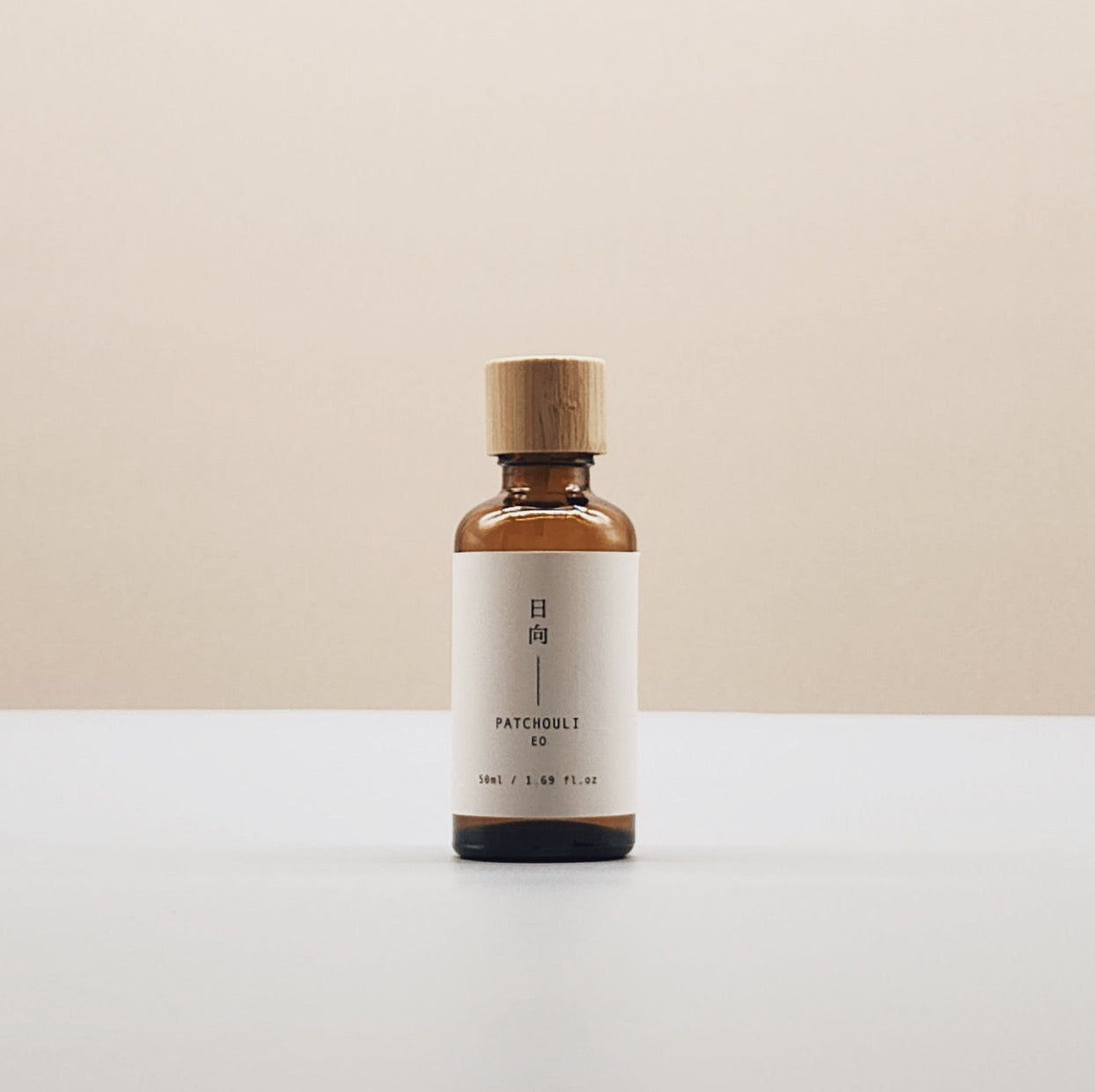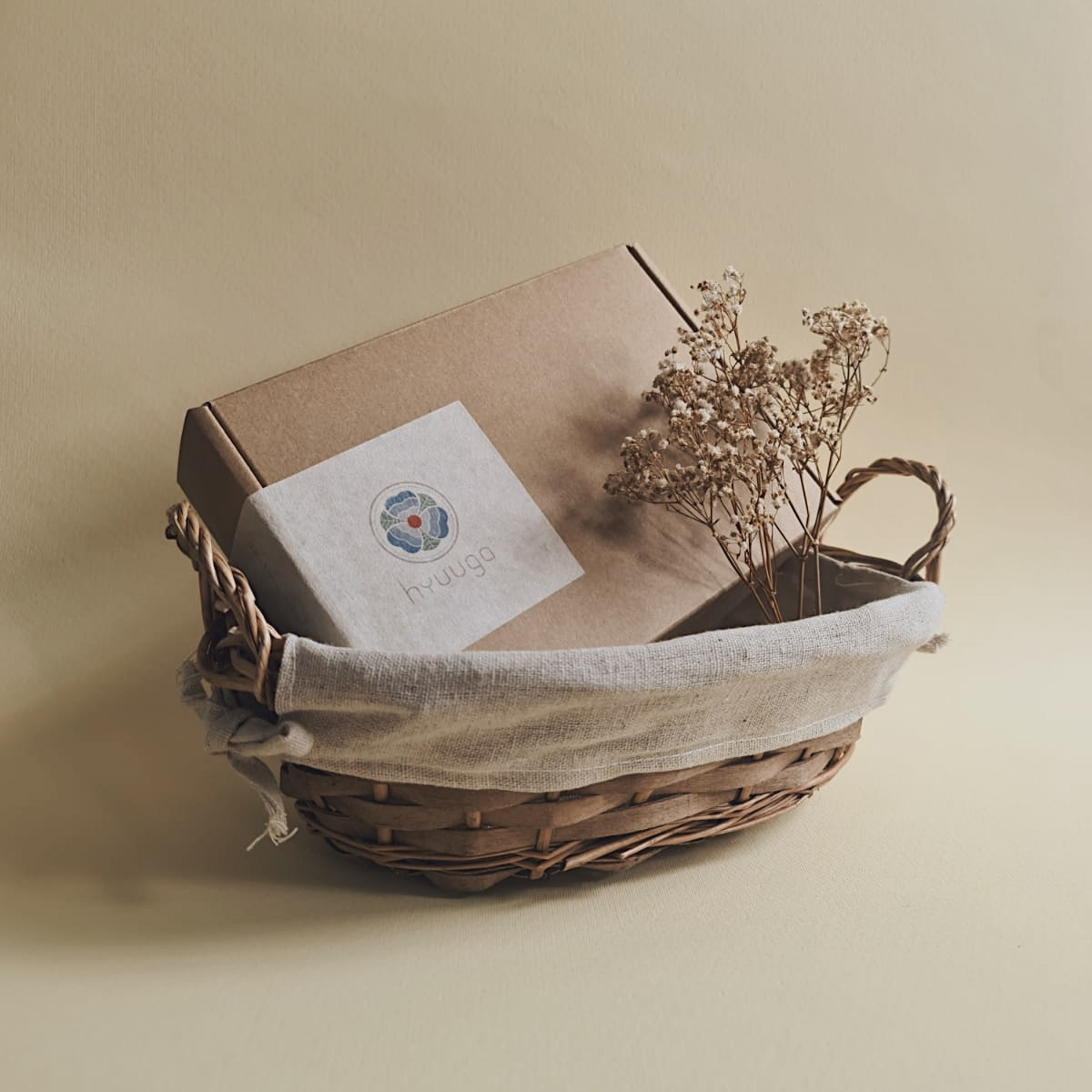Patchouli essential oil
- Regular price
- $35.00 SGD
- Regular price
-
- Sale price
- $35.00 SGD




Handcrafted in small batches Singapore
For centuries, the people of China, India, Japan, Malaysia have relied on patchouli for various medicinal purposes. They used it to fight infection and cool fevers and to tone the skin and, indeed, the entire body. It was also used as an antidote for insect and snake bites. It is the combination of patchouli and camphor that gives India ink its characteristic smell.
During the Victorian era, British manufacturers imported patchouli oil to fragrance machine-made cashmere shawls, in the hope that buyers could not distinguish the difference between their wares and authentic handmade cashmere shawls from India, which had a lingering odor of patchouli. In India, patchouli sachets scented clothes and protected them against insects. Patchouli perfume also provides the persistent and unforgettable fragrance associated with the “flower power” movement of the 1960s and 1970s.
Patchouli oil helps with weight loss: It curbs the appetite and it tones and tightens skin to prevent sagging after weight is lost. It can improve the appearance of cellulite and varicose vein. By increasing urination, it discourages bloating and water retention associated with premenstrual syndrome(PMS). It may also reduce hot flashes during menopause. Patchouli diminishes the distress of diarrhea. It fights fungi and is useful in treating athlete’s foot, vaginitis, and fungal infection of the skin, such as candida, Patchouli oil reduces the inflammation of skin disorders such as acne, psoriasis, sunburn, skin allergies, and eczema and other forms of dermatitis. It can relieve the swelling and inflammation of hemorrhoids.
Patchouli oil regenerates skin cells and may ward off wrinkles. It also tightens and tones sagging skin. Patchouli oil speeds the healing sores and calms inflamed skin and sunburn; it soothes and smoothes rough, dry, and cracked skin. At the same time, it regulates the oiliness of skin and hair and helps control acne and scalp disorders such as dandruff and seborrhoea. It also repels insects. By reducing fluid retention and tightening saggy skin, patchouli oil helps combat cellulite. It acts as a deodorant and helps control perspiration.
Patchouli oil diminishes depression and eases anxiety by heightening a sense of joy in life. It helps recovery from nervous exhaustion, stress and stress related conditions. It reduces mental fatigue and banishes lethargy. In low doses, it acts as a sedative, while in larger quantities, it is stimulating. It can sharpen intelligence, improve concentration, and provide insight. It cools and calms during physically or emotionally hot situations. It is a stabilizing and balancing oil with aphrodisiac attributes that can heighten libido, combat impotence and frigidity, and decrease sexual anxiety about performance. It replaces fear with confidence, indecision with motivation, and indifference with compassion. Patchouli expends sensuality inspires creativity and encourages freedom of expression of the imagination.
Patchouli oil is pungent and powerful, mossy and musty, earthy and exotic, sweet and spicy. It is stream-distilled from the dried and ferment fuzzy young leaves of pogostemin patchouli or popgstemon cablin, a three-foot-tall perennial bush with white flowers that have a purplish or mauve hue.
Age enriches the heavy herbal odor of its viscous amber, orange, or dark-brown oil.
A member of the Lamiaceae family, patchouli is a native to tropical Asia and is cultivated in India, Indonesia, Malaysia, the Philippines, and Singapore. Patchouli oil is produced in Burma, India, Malaysia, and some South and Central American countries.
Your Shopping Cart is Empty
Browse our latest collection or check your saved favorites to add more items to your cart.
Manage your profile, track your orders, and enjoy a seamless shopping journey with us.
Handcrafted in small batches Singapore